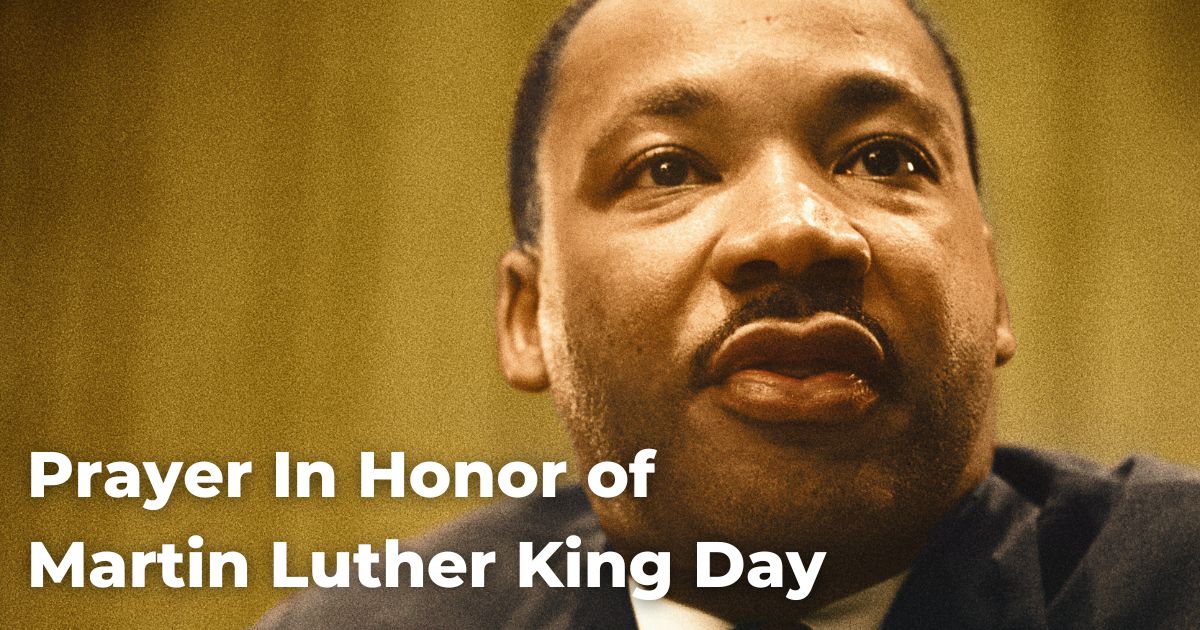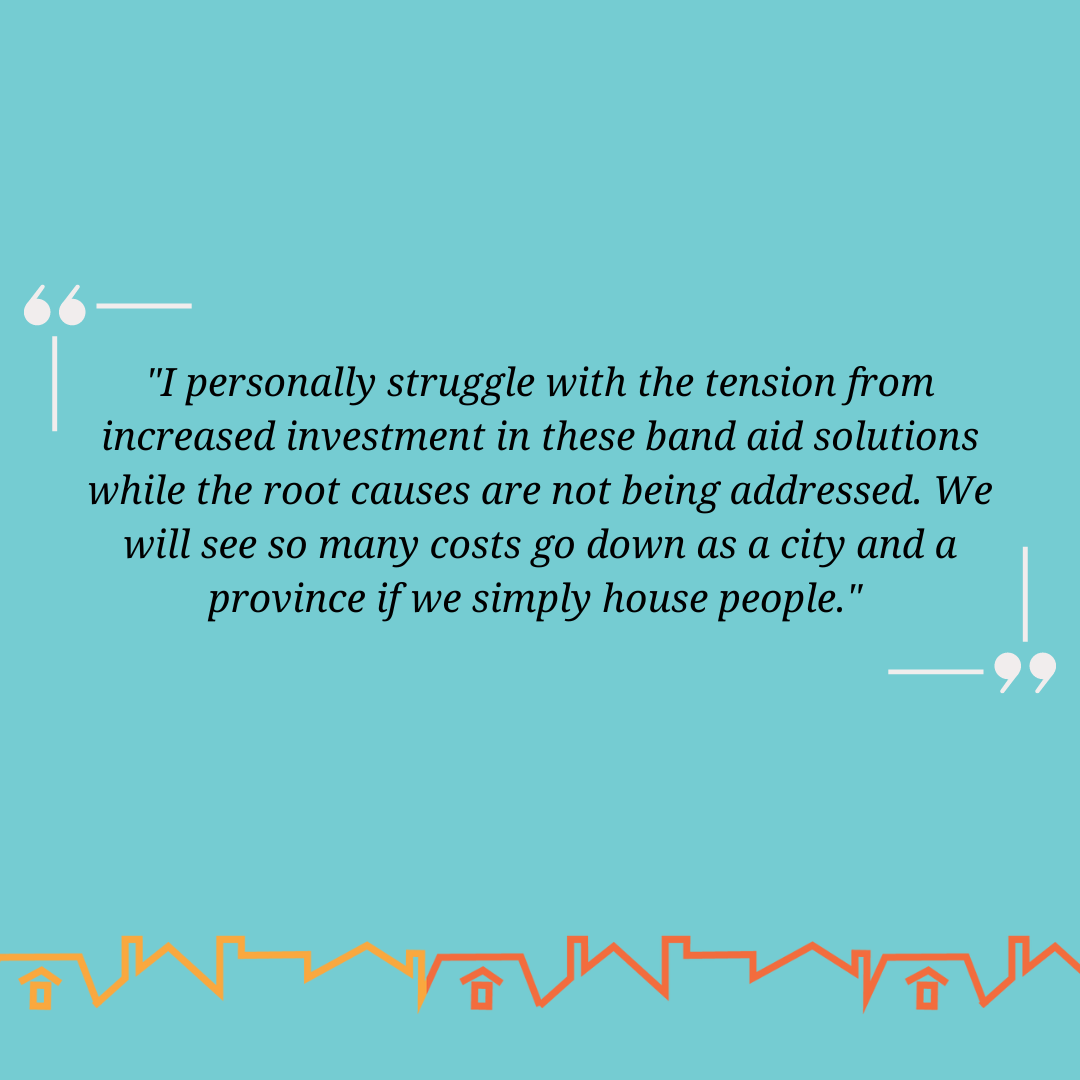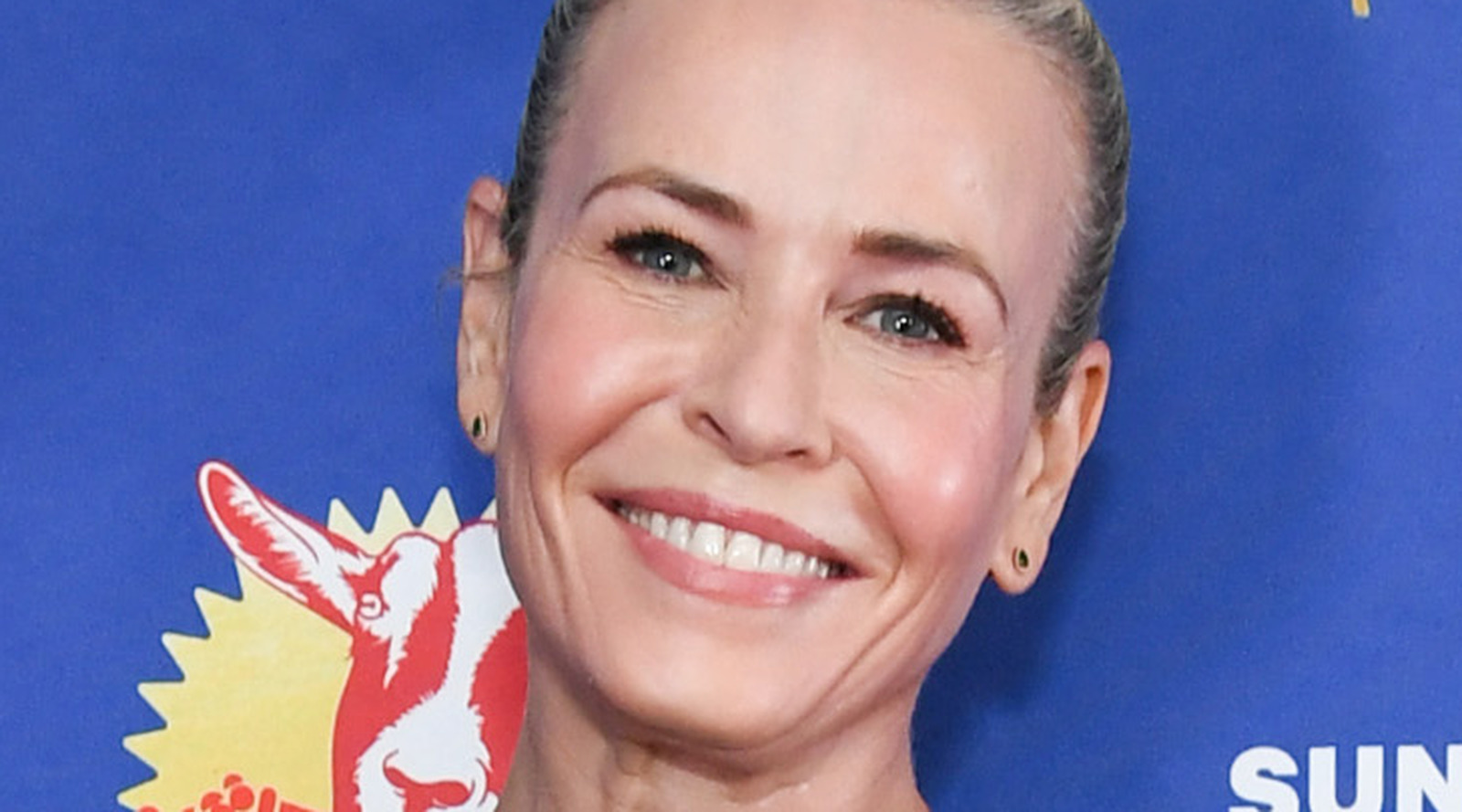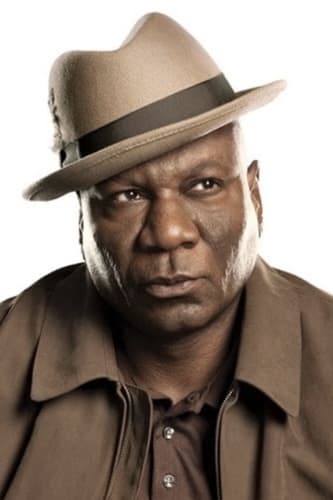Martin Luther King Jr. Day: A Divided Nation's Approach To The Holiday

Table of Contents
The Evolution of Martin Luther King Jr. Day as a National Holiday
The journey to establishing Martin Luther King Jr. Day as a national holiday was far from straightforward. It reflects the ongoing battle for racial equality in the United States. The initial push for a federal holiday honoring Dr. King began shortly after his assassination in 1968. However, the proposal faced significant resistance, particularly from Southern states where segregationist sentiments remained strong.
- The initial push for the holiday: Immediately following Dr. King's death, calls for a national holiday arose from various civil rights organizations and activists, recognizing his pivotal role in the Civil Rights Movement.
- Opposition to the holiday and its proponents: The proposal met significant opposition, largely fueled by racial prejudice and a reluctance to officially honor a prominent figure in the fight against racial segregation. Many opponents argued that a federal holiday was unnecessary or premature.
- The eventual passage of the bill establishing the holiday: It took over a decade of persistent campaigning and legislative efforts before the bill establishing Martin Luther King Jr. Day as a federal holiday was finally signed into law in 1983.
- The significance of the date and its symbolic power: The holiday's observance on the third Monday of January holds symbolic power, providing a space for national reflection on Dr. King's contributions and the ongoing fight for racial justice.
Diverse Interpretations and Observances of MLK Day
The diverse nature of the American population is reflected in the varied interpretations and observances of MLK Day. Across communities and regions, the holiday takes on different forms:
- Formal commemorative events and speeches: Many cities and towns host formal ceremonies, including parades, speeches by prominent figures, and moments of silence to honor Dr. King's legacy. Events like the annual March on Washington are living testaments to this.
- Community service initiatives and volunteer work: The "Day On, not a Day Off" philosophy encourages volunteerism and community service, reflecting Dr. King's commitment to social action and helping those in need. Organizations like the United Way often promote MLK Day of Service events.
- Educational programs and discussions focused on Dr. King's legacy and teachings: Schools, colleges, and community centers organize educational programs, lectures, and discussions exploring Dr. King's life, his philosophy of nonviolent resistance, and its continuing relevance.
- Controversies and criticisms surrounding how the holiday is celebrated: Despite widespread observance, controversies persist. Some criticize the holiday's commercialization, arguing it overshadows the deeper message of social justice. Others express concerns about inadequate recognition of Dr. King's radical views on economic inequality.
- Differences in observance across racial and socioeconomic lines: The ways in which MLK Day is celebrated often differ across racial and socioeconomic lines, highlighting the persistent inequalities in American society.
The Role of Education in Shaping Perspectives on MLK Day
Education plays a crucial role in shaping public understanding and perception of Dr. King's message and the ongoing struggle for social justice.
- Importance of accurate historical accounts in school curricula: Accurate and comprehensive teaching of the Civil Rights Movement and Dr. King's life is essential to fostering informed citizenship and combating historical inaccuracies.
- Discussions about Dr. King's nonviolent philosophy and its contemporary relevance: Exploring the principles of nonviolent resistance and their application in addressing contemporary social issues is vital.
- Critical examination of systemic racism and its impact on American society: Education must critically examine the systemic nature of racism, its historical roots, and its ongoing impact on various aspects of American life.
- The inclusion of diverse voices and perspectives in educational materials: Giving voice to the experiences and perspectives of marginalized communities helps create a more complete and nuanced understanding of history.
MLK Day and the Ongoing Struggle for Racial Equality
Martin Luther King Jr. Day serves as a powerful reminder that the struggle for racial equality remains ongoing.
- The persistence of systemic racism and its manifestations: Systemic racism continues to manifest itself in various forms, including disparities in education, housing, employment, and the criminal justice system.
- Current events and social movements reflecting ongoing racial tensions: Contemporary social movements and events highlight the persistence of racial tensions and the need for continued action.
- The relevance of Dr. King's message of nonviolent resistance in modern activism: Dr. King's message of nonviolent resistance remains relevant and inspiring to activists working for social change today.
- The importance of continued action and engagement beyond the holiday itself: The commemoration of MLK Day should not be a singular event but a catalyst for ongoing action and engagement in the pursuit of racial justice.
Conclusion
Martin Luther King Jr. Day offers a complex and multifaceted reflection on American society. While the holiday commemorates significant progress in the fight for racial equality, it also underscores the continuing need for action and engagement. The diverse interpretations and observances reveal a nation grappling with its history and striving towards a more equitable future. This MLK Day, let us reflect on Dr. King’s legacy and recommit ourselves to the ongoing work of achieving his dream. Volunteer your time, donate to organizations fighting for social justice, and engage in meaningful conversations with those who hold differing perspectives. By actively participating in the fight for racial equality, we can ensure that the spirit of Martin Luther King Jr. Day lives on throughout the year, driving us closer to a more just and equitable society. Let's continue to work towards a deeper understanding and more meaningful observance of Martin Luther King Jr. Day.

Featured Posts
-
 Town Halls Turn Tense Voters Demand Accountability From Elected Officials
Apr 26, 2025
Town Halls Turn Tense Voters Demand Accountability From Elected Officials
Apr 26, 2025 -
 Chelsea Handler Reveals Details Of Whistler Trip With Unexpected Celebrity
Apr 26, 2025
Chelsea Handler Reveals Details Of Whistler Trip With Unexpected Celebrity
Apr 26, 2025 -
 Ving Rhames Discusses His Original Mission Impossible Fate And The Emotional Impact Of The Final Film
Apr 26, 2025
Ving Rhames Discusses His Original Mission Impossible Fate And The Emotional Impact Of The Final Film
Apr 26, 2025 -
 Vehicle Subsystem Issue Leads To Blue Origin Launch Cancellation
Apr 26, 2025
Vehicle Subsystem Issue Leads To Blue Origin Launch Cancellation
Apr 26, 2025 -
 New York Knicks Roommates Show 12 Dream Guests
Apr 26, 2025
New York Knicks Roommates Show 12 Dream Guests
Apr 26, 2025
Latest Posts
-
 German Politics Crumbachs Resignation And Its Implications For The Spd
Apr 27, 2025
German Politics Crumbachs Resignation And Its Implications For The Spd
Apr 27, 2025 -
 Bsw Leader Crumbachs Resignation Impact On The Spd Coalition
Apr 27, 2025
Bsw Leader Crumbachs Resignation Impact On The Spd Coalition
Apr 27, 2025 -
 Concerns Raised Over Hhss Appointment Of Anti Vaccine Activist To Study Debunked Autism Vaccine Theories
Apr 27, 2025
Concerns Raised Over Hhss Appointment Of Anti Vaccine Activist To Study Debunked Autism Vaccine Theories
Apr 27, 2025 -
 Hhs Under Fire For Selecting Anti Vaccine Advocate To Investigate Autism Vaccine Link
Apr 27, 2025
Hhs Under Fire For Selecting Anti Vaccine Advocate To Investigate Autism Vaccine Link
Apr 27, 2025 -
 Hhss Controversial Choice Anti Vaccine Advocate To Examine Debunked Autism Vaccine Claims
Apr 27, 2025
Hhss Controversial Choice Anti Vaccine Advocate To Examine Debunked Autism Vaccine Claims
Apr 27, 2025
